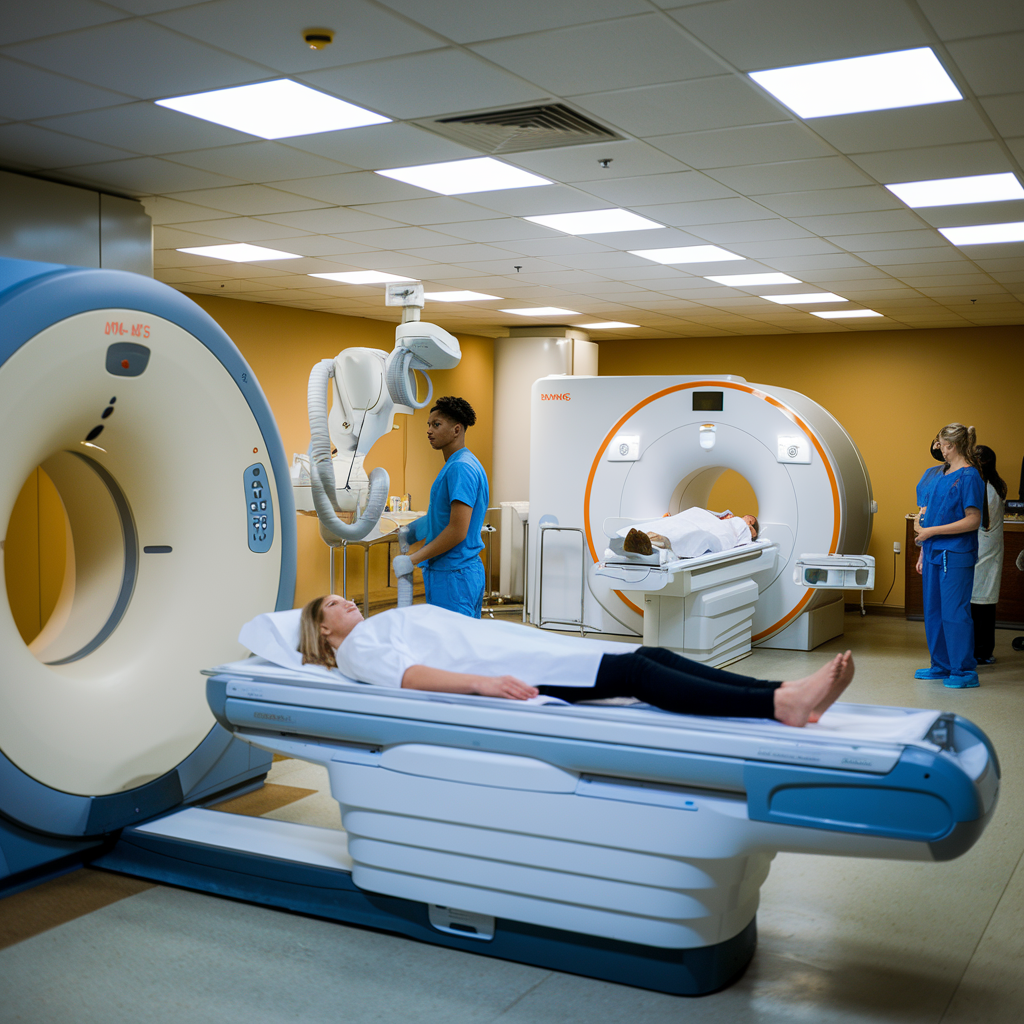In the field of Gynecology and Obstetrics Care, few moments are as cherished as an ultrasound that reveals a first glimpse of your baby.
With the advancement of 3D and 4D ultrasound technology, expectant parents can enjoy incredibly detailed images of their little one, capturing everything from facial features to small movements.
To maximize the quality of these images, hydration plays a crucial role, and it’s a key element in the broader context of Gynecology and Obstetrics Care.
Why Hydration is Essential in Gynecology and Obstetrics Care

Proper hydration is fundamental, especially when preparing for an ultrasound. By ensuring you drink plenty of water in the days leading up to your ultrasound appointment, you enhance the amniotic fluid levels surrounding your baby. This fluid is vital for clear and detailed ultrasound images, as it allows the sound waves to travel more effectively, resulting in better imaging. The increased clarity in these images not only makes the experience more memorable for you but also assists your healthcare provider in performing a thorough diagnostic examination.
In the context of Gynecology and Obstetrics Care, the quality of the ultrasound is directly influenced by the levels of amniotic fluid. Adequate fluid ensures that your baby is in an optimal position for the ultrasound, which is particularly important in 3D and 4D imaging, where the baby’s position and movement can significantly impact what you see.
Preparing for Your Ultrasound Appointment
When preparing for your 3D or 4D ultrasound appointment, it’s advised to start increasing your water intake a few days in advance. In Gynecology and Obstetrics Care, it’s commonly recommended that expectant mothers aim to drink water consistently, targeting around eight to ten glasses daily. This ensures that the amniotic fluid is at optimal levels for the best possible ultrasound results.
While traditional 2D ultrasounds often require a full bladder to improve image quality, in 3D and 4D ultrasounds, it’s the amniotic fluid that plays a crucial role. Maintaining adequate hydration helps keep this fluid level high, thereby improving the quality of the images and allowing your baby to be in the best position for viewing.
The Broader Benefits of Hydration in Gynecology and Obstetrics Care
Staying hydrated is more than just about improving your ultrasound experience; it’s a key component of maintaining overall health during pregnancy. In Gynecology and Obstetrics Care, proper hydration is emphasized as it supports various bodily functions, reduces the risk of common pregnancy issues, and helps maintain the right balance of nutrients for both you and your baby.
Drinking enough water is particularly important for preventing complications like urinary tract infections, reducing swelling, and avoiding constipation. By making hydration a priority, you are not only preparing for a successful ultrasound but also contributing to a healthier, more comfortable pregnancy overall.
Tips for Staying Hydrated
- Drink Water Regularly: Keeping a water bottle handy ensures you stay hydrated throughout the day.
- Incorporate Hydrating Foods: Foods like watermelon, cucumber, and oranges, which are rich in water, can complement your hydration efforts.
- Flavor Your Water: If you find plain water unappealing, add a splash of lemon or mint to make it more enjoyable.
Conclusion
Your 3D/4D ultrasound appointment is a special moment in your pregnancy journey, and ensuring you are well-hydrated is a simple yet effective way to enhance this experience. By prioritizing hydration, you improve the quality of the ultrasound images, providing both you and your healthcare provider with clearer, more detailed insights into your baby’s development.
In the realm of Gynecology and Obstetrics Care, proper hydration is more than just a recommendation—it’s a critical step in supporting the health of both mother and baby. So, as you prepare for your ultrasound appointment, remember to drink water, stay hydrated, and get ready to meet your little one in stunning detail, with the confidence that you are taking the best steps in your journey through Gynecology and Obstetrics Care.










